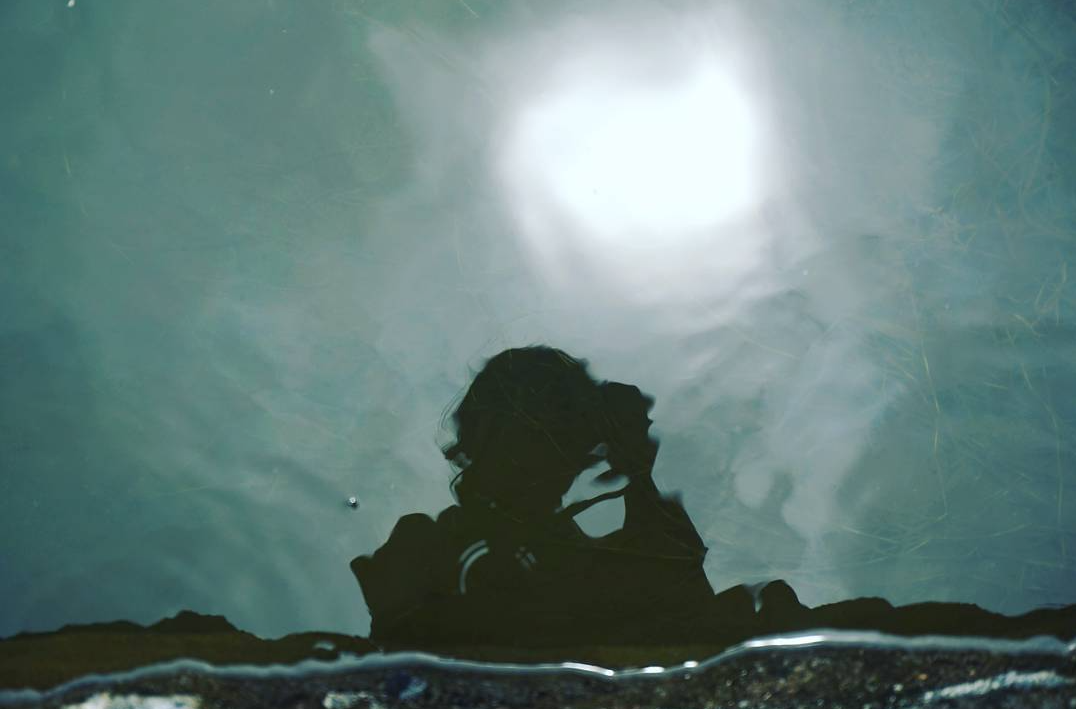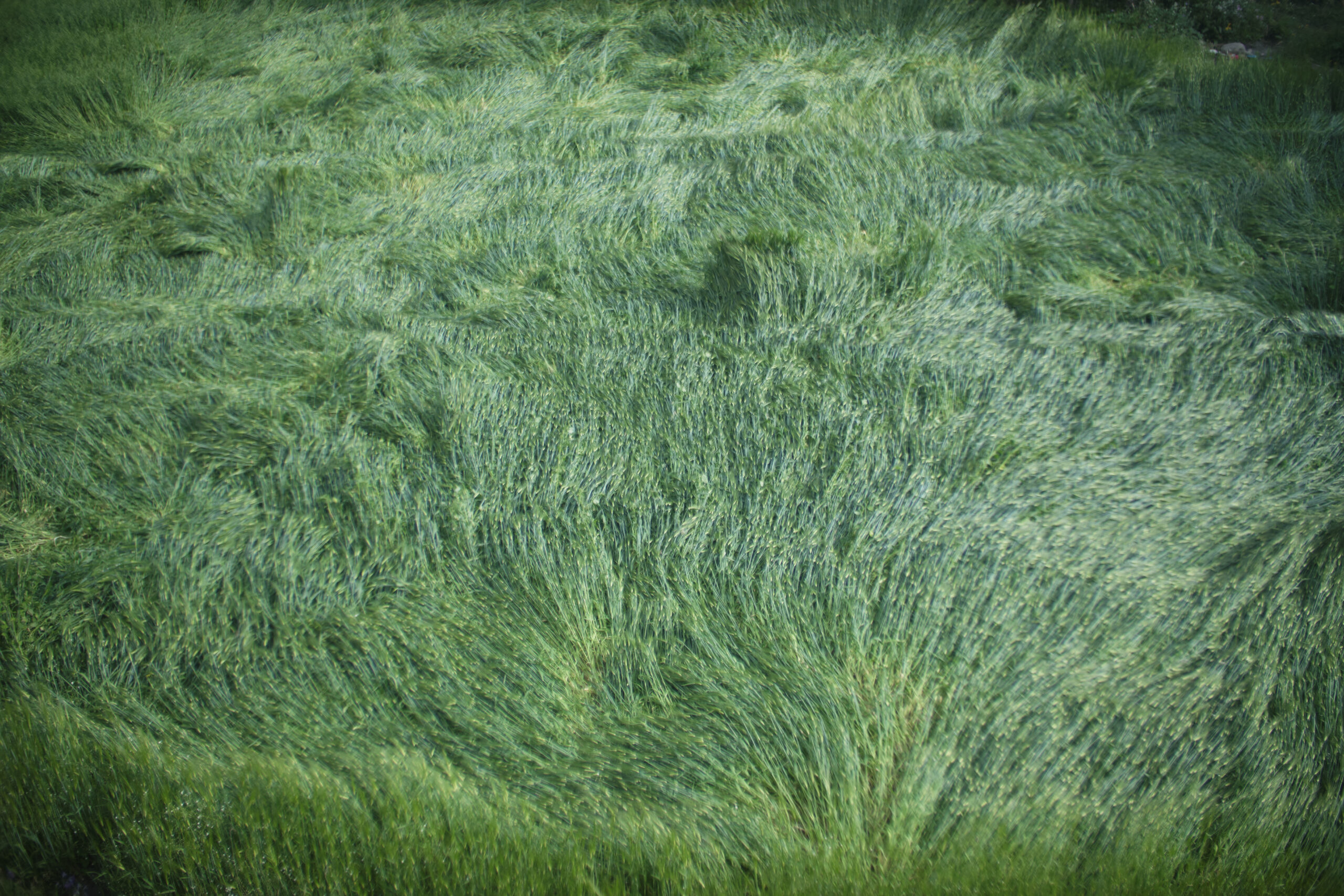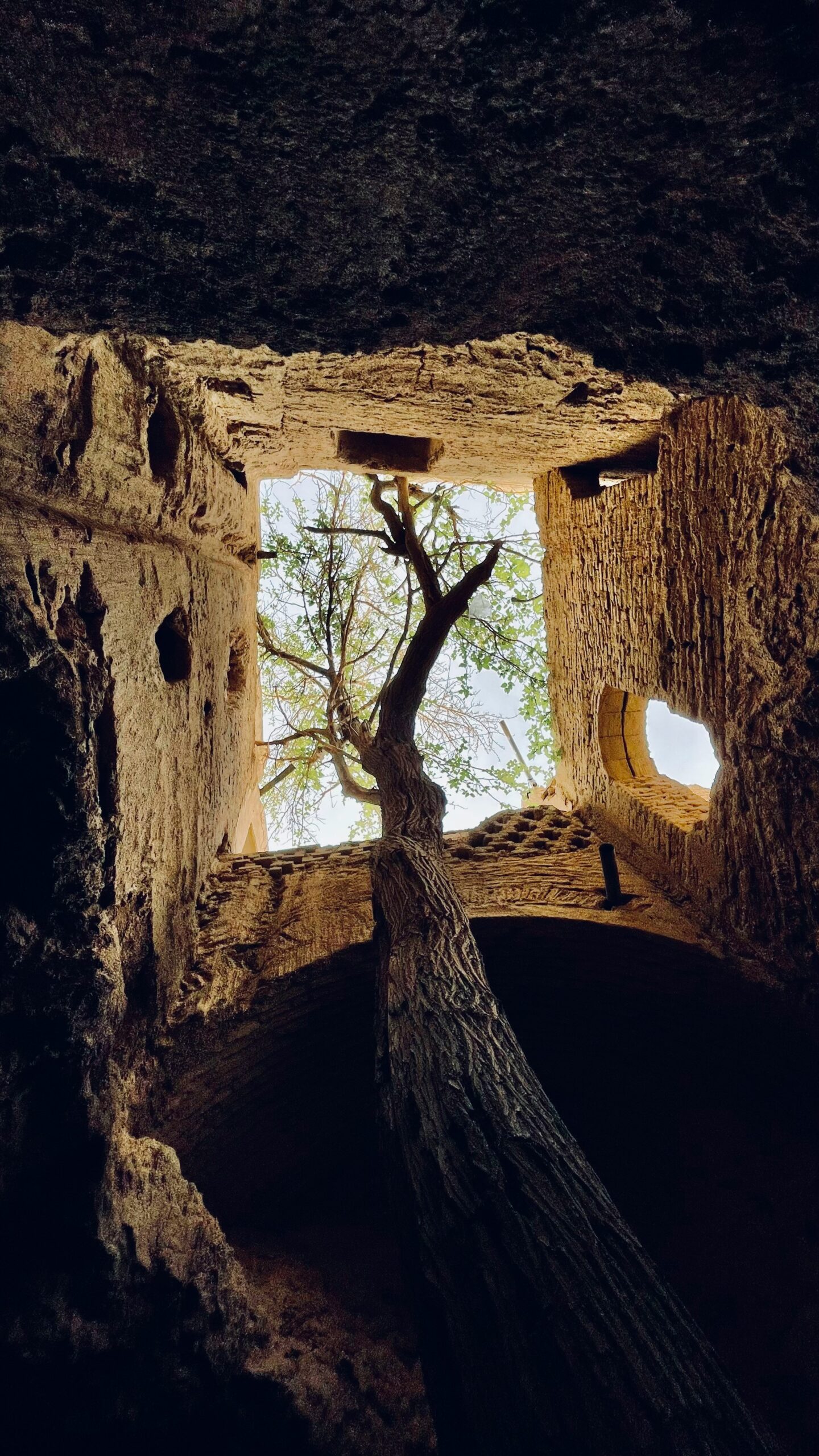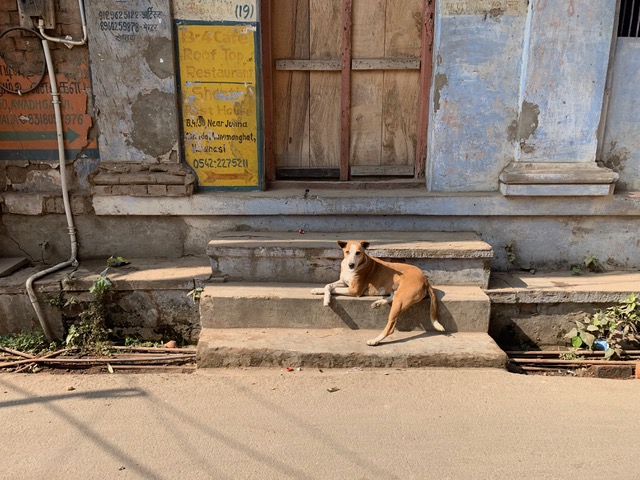Don’t miss a walk after a rain.
When leaves take concentric circles in the wind
Like helicopter blades;
When pink blossoms carpet the ground beneath the blossom tree
Like water that reflects the sky;
The tiny leaves stacked together on the side of the road-
Like the eeyal that magically appears overnight during Kerala monsoon
Resisting your mother’s incessant attempt to collect in a dustpan;
I fight the wind’s pull
Like the 15-year-old that was pulled by the weight of her Scooby Day Bag
As she waited for the ST. JUDE school van to pick her up.
So pulled by the weight that her grandmother called her a soul without a body.
You are nothing but memory.
A lump of flesh (or soul according to my grandma)
that sees the past in everything:
Eeyal among stacked leaves;
The pull of Scooby Day bag in the wind’s dance;
And bits of Kerala wherever you go;
Don’t miss a walk after a rain.
You are nothing but memory.
Author’s Note:
‘After a Rain’ is a poem I wrote in 2024 while studying for my PhD in the US. I remember being so happy and excited while writing it. It had rained the night before. And rain has a way of making everything clearer, revealing what usually goes unnoticed—noticed and smiled upon by humans and other living beings. The sky is clear, birds are happy and chirpy, the wind makes a special dance with the leaves, all of which make you dance with it. During my morning walk that day, I had this uncanny sensation that I was in Kerala and not really in the US. I was born and brought up in Kerala, a state in south India where the southwest monsoon winds enter in June, marking the onset of the Kerala monsoon. As I walked and looked around me, I was elated and knew I was going to write it all down right after I entered my house. St. Jude was the name of my school bus, and yes, I was very thin back then that my Mummy (grandmom) called me a soul. Eeyal are flying termites, very commonly found in Kerala during the monsoon. Termites need moisture to thrive, and monsoon becomes the ideal time for them to swarm and build new colonies. It is common to wake up to thousands of winged termites dead on the veranda. For mothers in Kerala, it is a nuisance to gather them all, as the wings adamantly escape the broom and dustpan. I used the local term eeyal for the feelings it evokes to anyone who grew up in Kerala; flying termites reduce them to a biological name.
Author Bio:
Anu Karippal is a PhD candidate in Anthropology at the University of Virginia.
Banner Image Credits: The author



